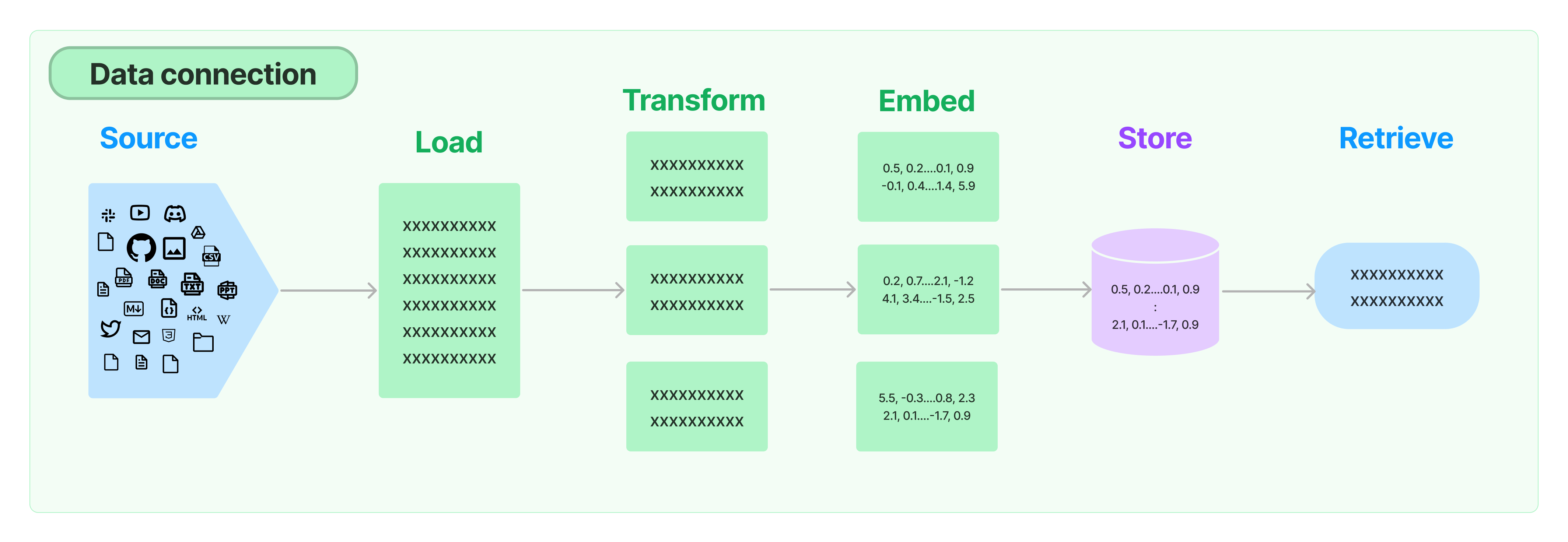The repo tries to compare Semantic Kernel and LangChain to show the difference and similarity between them.
| LangChain | Semantic Kernel | Note |
|---|---|---|
| Chains | Kernel | Construct sequences of calls |
| Agents | Planner | Auto create chains to address novel needs for a user |
| Tools | Plugins (semantic functions + native function) | Custom components that can be reused across different apps |
| Memory | Memory | Store context and embeddings in memory or other storage |
LangChain: Oct, 2022
Semantic Kernel: Mar, 2023
(based on Github contribution chart, ordered by additions instead of commits)
Semantic Kernel: Github contributor insights
Devis Lucato - Principle Architect@MSFT
Lee Miller - Senior Software Engineer@MSFT
Adrian Bonar - Principle Software Engineer@MSFT
Mark Wallace - Principle Software Engineer@MSFT
Shawn Callegari - Principle Software Engineer Lead@MSFT
Roger Barreto - Senior Software Engineer@MSFT
Dmytro Struk - Senior Software Engineer@MSFT
Abby Harrison - Senior Software Engineer@MSFT
LangChain: Github contributor insights
Bagatur Askaryan - Founding Software Engineer@LangChain
Harrison Chase - Cofounder/CEO@LangChain
Erick Friis - Founding Software Engineer@LangChain
Jacob Lee - Founding Software Engineer@LangChain | Langchain.js maintainer
Davis Chase - langchain.js maintainer
Nuno Campos - Founding Software Engineer@LangChain
Lance Martin - Software Engineer@LangChain
| Language | LangChain | Semantic Kernel |
|---|---|---|
| Python | ✅ | ✅ |
| JavaScript | ✅ | ❌ |
| C# | ❌ | ✅ |
| Java | ✅ | ✅ |
Many LLM applications require user-specific data that is not part of the model's training set. The primary way of accomplishing this is through Retrieval Augmented Generation (RAG). In this process, external data is retrieved and then passed to the LLM when doing the generation step.
| Building block | LangChain | Semantic Kernel |
|---|---|---|
| Document loaders: Load documents from many different sources | Over 100 document loaders: File Loaders (CSV, Docx, EPUB, JSON, PDF, Markdown...) and Web Loaders (Azure Storage, S3, GitHub, Figma...) | Web pages, PDF, Images, Word, PowerPoint, Excel, Markdown, Text, JSON (via Kernel Memory) |
| Document transformers: Split documents, drop redundant documents, and more | Multiple Split methods | ❌ |
| Text embedding models: Take unstructured text and turn it into a list of floating point numbers | Over 25 different embedding providers: OpenAI, Azure OpenAI, Hugging Face, Cohere, Google PaLM, Google Vertex AI, TensorFlow... | OpenAI, Azure OpenAI, Hugging Face |
| Vector stores: Store and search over embedded data | Over 50 vector stores - List | About 10 vector stores - List |
| Retrievers: Query your data | Simple semantic search, Contextual compression, Time-weighted vector store retriever, Parent Document Retriever, Self Query Retriever, Ensemble Retriever, and more. | Simple semantic search |
| Type | LangChain's Agents | Semantic Kernel's Planner |
|---|---|---|
| Conversational | ✅ | ❌ |
| Plan and execute | ✅ | ✅ (Handlebars Planner) |
| ReAct | ✅ | ✅ (Stepwise Planner) |
| Tree of Thoughts (ToT) | ✅ | ❌ |
| Vector Database | LangChain | Semantic Kernel |
|---|---|---|
| MongoDB Atlas | ✅ | ✅ |
| Chroma | ✅ | ✅ |
| Pinecone | ✅ | ✅ |
| DuckDB | ❌ | ✅ |
| Redis | ✅ | ✅ |
| Sqlite | ❌ | ✅ |
| PGVector | ✅ | ✅ |
| Milvus | ✅ | ✅ |
| Kusto (Azure Data Explorer) | ❌ | ✅ |
| Qdrant | ✅ | ✅ |
| Weaviate | ✅ | ✅ |
| Azure AI Search | ✅ | ✅ |
| Cloudflare Vectorize | ✅ | ❌ |
| SAP HANA Cloud Vector Engine | ✅ | ❌ |
| Supabase | ✅ | ❌ |
| Neo4j Vector Index | ✅ | ❌ |
| Cassandra | ✅ | ❌ |
| Couchbase | ✅ | ❌ |
| LanceDB | ✅ | ❌ |
| RocketSet | ✅ | ❌ |
| Voy | ✅ | ❌ |
| Zep | ✅ | ❌ |








